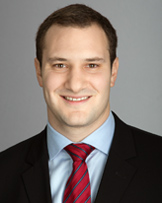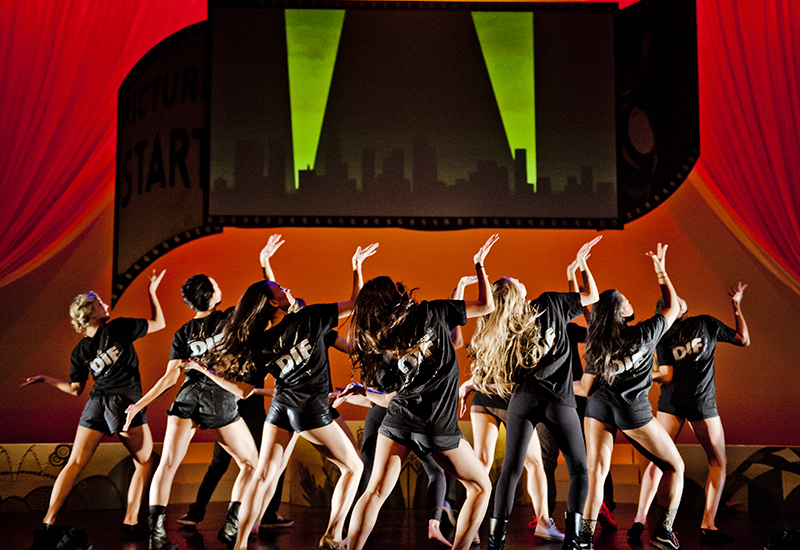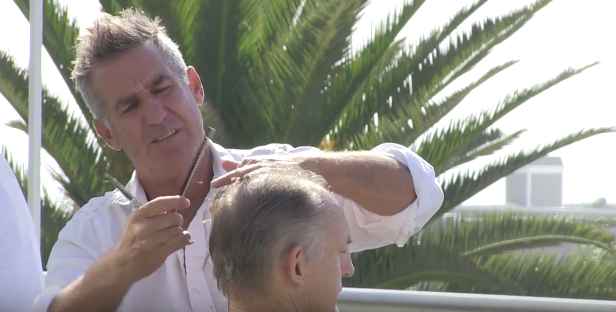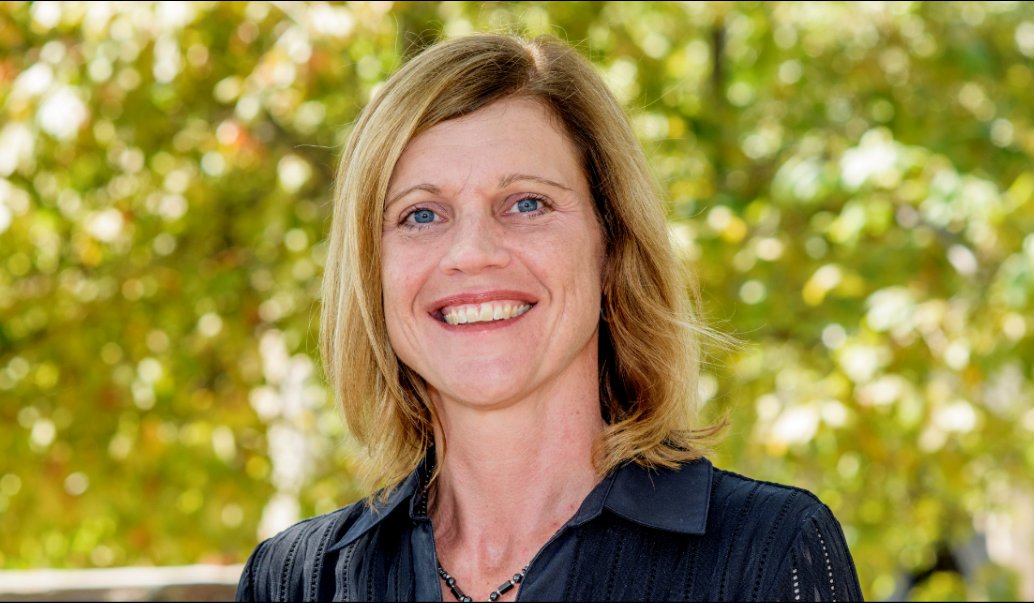
Gone.
Her parents are gone. Gone to the United States.
And now she is gone. Kidnapped at 15-years-old by an older boy from her school. Punched in the stomach, tied up and dragged to his home. Her little sister disappeared around the bend, he took her then. To be his wife. Raped and abused. Helpless. No one seems to care, is anyone looking for her?
He’s gone!
Run, flee to a nearby village. There’s an aunt there, maybe she can help. He finds her. He menaced her with a gun that has already committed crimes, has already killed others, trying to get her to return to his home. The metal of the gun catches a ray of light. Her short life flashes before her eyes.
Her aunt distracts him, her uncle opens the back door. Run! Get out of Honduras. Get on the bus, any bus, any bus going North.
***
This is no fictitious story. This is how attorney Andrew Avorn’s first unaccompanied minor client, Marina, ended up coming to the United States from Honduras in 2010 at 15 years old. Her name has been changed in the story to protect her identity.
The biggest wave of unaccompanied minors (UACs) came in summer 2014. Many more girls made the risky journey North during those few hot months than any previous spike of UACs previously had. The girls were fleeing, among other things, gender-based and sexual violence – violence so bad, they faced the high risk of being sexually assaulted along the way in order to escape.
When the UACs came, Avorn, 29, stepped into the thick of it. Brad Smith, a member of the General Counsel of Microsoft and the co-chair of Kids In Need of Defense, issued a call to lawyers to help represent the growing number of UACs. Angelina Jolie is the other co-chair for KIND.
“(He) put out a call to law firms to send people to help address the UAC crisis,” Avorn said. “I had just gotten done working on a very big trial … so I was looking for what to do next, and I really thought about Brad Smith’s call to action. I asked my firm if they would be willing to do this and they told me that they had just started a new program to do full-time, on-site pro bono placements.”
Avorn’s firm, K&L Gates, typically works with clients such as American Express and Goldman Sachs. Avorn’s billing rate is typically hundreds of dollars per hour. But they represent UACs pro bono, completely free of charge.
As one of its “founder supporters,” K&L Gates was instrumental in founding KIND, which was first established in 2009, Avorn and KIND Communications Director Megan McKenna said. For the past six months, Avorn devoted all his time as an attorney to KIND working out of the Los Angeles office of his law firm.
Of the 60,154 minors who underwent deportation hearings in 2014, only 36.5 percent had representation while 63.5 percent did not, according to data compiled by Syracuse University. Of the 2014 cases that have been decided, children without representation were 4.3 times more likely to receive removal orders or voluntarily leave than children with representation.
“I don’t think that anybody should have to go through this process without an attorney and so that’s why I’m so very glad to to be able to do this,” Avorn said. “This is one of the most important civil rights issues that we’re facing in our country right now.”
“Our government can send you back into a situation where you’re likely to be killed without you ever having a lawyer,” Avorn said.
K&L Gates, along with the American Immigration Council, American Civil Liberties Union, Northwest Immigrant Rights Project and Public Counsel, has filed a lawsuit against the U.S. government, J.E.F.M. v. Holder, in July 2014. It calls for the government to provide legal representation so that immigrant children can receive a fair court hearing.
They filed the lawsuit against the U.S. Department of Justice, Department of Homeland Security, U.S. Immigration and Customs Enforcement, Department of Health and Human Services, Executive Office for Immigration Review and Office of Refugee Resettlement. ***
Immigration officials capture Marina at the U.S. border. She escaped her abductor only to be held captive in an American detention facility.
They release her to her parents. Marina had not seen them since she was very little. She had only heard from them every couple of months and received remittances from them for her care. Everything is foreign and they, the U.S., wants to send her back to where she can be killed.
Marina tries to tell her story, but no one wants to help her. Her case seems too difficult to win. There are too many questions surrounding her story: Her 12-year-old sister was walking home with her that day, so why didn’t she tell anyone? Why didn’t her sister send someone to help once she realized she had disappeared? Her aunt had seen her through the window of her captor’s house. Why didn’t she help her?
Marina’s case is rejected by lawyers over and over again.
***
In the six months Avorn spent in Los Angeles, he worked about seven cases personally and was involved in about 25 cases besides his own, providing mentorship to other pro bono lawyers.
“I have more experience with this than most of the pro bonos that KIND works with, so I was called upon to do some of the more complicated cases,” he said.
One such case was a girl who was abducted and raped by the gang MS-13. She fled El Salvador to the U.S. What made her case more difficult was that she wasn’t the perfect victim in the eyes of the U.S. government. She had developed a drug problem and was arrested for shoplifting while in the U.S. Before Avorn took her case, she had two other attorneys give up on her because she was difficult to work with.
“Although it was a very minor criminal conviction, it gave the government pause in terms of granting her asylum,” he said. “I was able to get the government to close the case against her by obtaining a criminal background check and showing that she hadn’t really done anything serious.”
He went on to explain that having to cross-examine a girl about her history or a sexual assault is “very awkward and uncomfortable for everybody.” Unless a child seeking asylum has committed a more serious crime, the government will often be more willing to close the case rather than take it to trial, Avorn said.
***
Marina is the first client Avorn represents with KIND. She finally has a lawyer who will represent her. At their first meeting he brings her dulces, sweets, hoping they will help her to feel more at ease. He smiles, and he speaks Spanish to her; he has worked very hard to learn the language.
Avorn said he explained to her that he will move her case from immigration court to the Asylum Office, where she will have a better chance of being granted asylum.
He goes over her story with her again and again, helping her to practice what her interview will be like in the Asylum Office. There are some details that she just can’t remember, they’re all fuzzy and confusing in her head. Avorn tells her this is OK, that the trauma that she faced as a child can make remembering certain details challenging. She’s still afraid. She doesn’t want to lose her chance to stay in the U.S. It could mean death for her. She would have to go back to Honduras where he is surely waiting for her.
***
“You develop a really strong sense of protection over your client,” Avorn said. “It’s your job to represent them in ways that they can’t represent themselves. When you’re dealing with a child, especially a child that’s been the victim of abuse, the feeling of protection is very, very strong.”
In this way, Avorn likens his clients to “little siblings or cousins.”
“Somebody did something terrible to them so you want to make sure that you get the story out in the way that’s going to be best for them,” he said.
The time commitment varies with each child’s case, but Avorn said that he spends about 20 hours total dispersed over a period of a few weeks, in which he meets with the child on multiple occasions to prepare them for their day before the asylum officer and handle the paperwork for their case.
Outside of his cases with the children and his mentorship with other attorneys, Avorn also spends time advocating for them. For example, in addition to writing for Huffington Post, in February 2015, Avorn submitted a 41-page amicus brief to the Board of Immigration Appeals, which is published on the KIND website. The brief convinced the Board of Immigration Appeals to send the client’s case back to the Immigration Court, to consider KIND’s arguments that children’s asylum cases should be analyzed from the perspective of a child at the time of the abuse.
For Avorn, his decision to do pro bono work stems in part from his Jewish heritage.
“I think that has a lot to do with understanding the plight of people who were having a really difficult time in their home country and the United States did not open its doors to them and as a result they suffered and died because of it,” he said. “I would never try to make an equivalency to the Holocaust and what’s going on now in Central America, but when people need the help of the U.S. government but are denied it, I think people who are able to help have a responsibility to do what they can.”
Avorn feels that it has been an “honor” to be able to help the kids he’s represented. And under his representation, all of his clients have won relief.
***
It is Valentine’s Day 2014. Marina’s palms are sweaty and she has been crying. Avorn gives her a reassuring look. She trusts him. She tries to hold her head high.
Soon the decision is made. Avorn smiles at her. She got asylum. She gets to stay.



